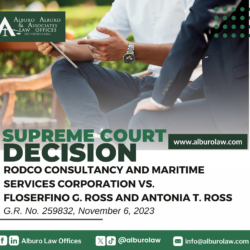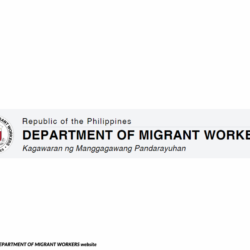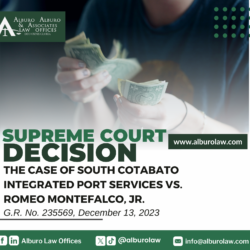Ensuring Due Process: What Should the Second Written Notice Contain?
The employer must furnish the employee with two written notices before the termination of employment can be effected: (1) the first apprises the employee of the particular acts or omissions for which his dismissal is sought; and (2) the second informs the employee of the employer’s decision to dismiss him. (Foodbev International vs. Noli Ferrer, G.R. No. 206795, September 16, 2019)











